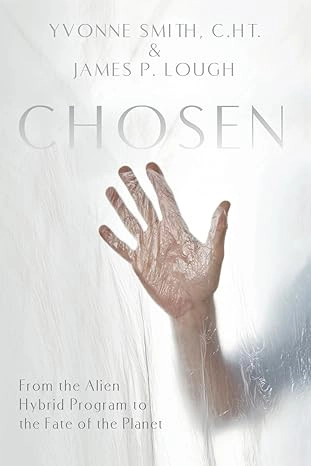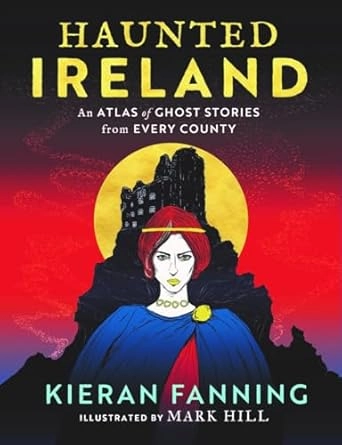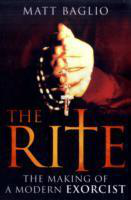Auditory Pareidolia: Why We Hear Our Name Called When No Ones Around
Science/Medical/Technology
Thursday 2nd, May 2024
3 minute read.
When wandering alone through a wooded area, the sudden experience of hearing one's name whispered among the trees can be unsettling. Yet, this phenomenon, often mistaken for supernatural occurrences, is a well documented psychological event known as auditory pareidolia. Experts explain that this is not a sign of the paranormal or mental illness but a common brain function where people hear familiar patterns, such as voices, in random noise.
Auditory pareidolia is an auditory sub-type of pareidolia, a psychological phenomenon where the mind responds to a stimulus (usually an image or a sound) by perceiving familiar patterns where none actually exist. Common examples are seeing faces in inanimate objects or hearing hidden messages in music.
Neil Bauman, an audiologist and CEO of the Centre for Hearing Loss Help, describes it as the brain's attempt to find the best match for sounds in its vast database of audio patterns. "Think of your brain as having this big database of patterns. All the words that you know, and you've ever heard in your life are in there", he goes on to say, "It chooses what it thinks is the best pattern. That best pattern may not be right at all. In fact, it could be way out", he explained. This means that the voices or sounds one hears are not hallucinations, which are perceptions without external stimuli, but misinterpretations of real sounds.
Andrew King, director of the Centre for Integrative Neuroscience at the University of Oxford, further clarifies how environmental noises can play tricks on our hearing. "The patterns in most noise sources change all the time", King said. For instance, what might sound like a voice could be just a peak in the static noise of a forest or a distortion in the background hum of a washing machine.
King attributes this phenomenon to the brain's mechanism to continuously try to make sense of the world. "A highly evolved capacity to maximise the likelihood of being able to hear communication or other sounds may be very important", he noted. This suggests that humans are naturally inclined to detect and interpret speech even in the most unlikely settings.
The process responsible for this, known as contrast gain control, allows brain cells that respond to auditory and visual data to adjust their sensitivity to ongoing input, making it possible to pick up subtle signals in noise. This could explain why in noisy environments, such as crowded restaurants or bars, people may think they hear faint voices.
While auditory pareidolia is a common experience and not usually a cause for concern, it differs from conditions such as musical ear syndrome, where individuals with hearing loss hear non-existent music, or auditory hallucinations associated with mental illnesses like schizophrenia or bipolar disorder.
The phenomenon has not been as extensively studied as its visual counterpart, partly because auditory triggers are less predictable. King mentioned, "To what extent this is a 'bottom-up' process - driven by the statistics of the stimuli - as opposed to a 'top-down,' attention based mechanism is pretty unclear". He speculates that it is probably a combination of both processes, with a top down approach where expectations and prior knowledge influence perception playing a significant role.
So next time you hear your name called out from the shadows, remember, it's likely just your brain trying to make sense of the world. However, if concerns about hearing voices or other sounds persist, consulting a professional is advisable to rule out other potential causes.
Auditory pareidolia is an auditory sub-type of pareidolia, a psychological phenomenon where the mind responds to a stimulus (usually an image or a sound) by perceiving familiar patterns where none actually exist. Common examples are seeing faces in inanimate objects or hearing hidden messages in music.
Neil Bauman, an audiologist and CEO of the Centre for Hearing Loss Help, describes it as the brain's attempt to find the best match for sounds in its vast database of audio patterns. "Think of your brain as having this big database of patterns. All the words that you know, and you've ever heard in your life are in there", he goes on to say, "It chooses what it thinks is the best pattern. That best pattern may not be right at all. In fact, it could be way out", he explained. This means that the voices or sounds one hears are not hallucinations, which are perceptions without external stimuli, but misinterpretations of real sounds.
Andrew King, director of the Centre for Integrative Neuroscience at the University of Oxford, further clarifies how environmental noises can play tricks on our hearing. "The patterns in most noise sources change all the time", King said. For instance, what might sound like a voice could be just a peak in the static noise of a forest or a distortion in the background hum of a washing machine.
King attributes this phenomenon to the brain's mechanism to continuously try to make sense of the world. "A highly evolved capacity to maximise the likelihood of being able to hear communication or other sounds may be very important", he noted. This suggests that humans are naturally inclined to detect and interpret speech even in the most unlikely settings.
The process responsible for this, known as contrast gain control, allows brain cells that respond to auditory and visual data to adjust their sensitivity to ongoing input, making it possible to pick up subtle signals in noise. This could explain why in noisy environments, such as crowded restaurants or bars, people may think they hear faint voices.
While auditory pareidolia is a common experience and not usually a cause for concern, it differs from conditions such as musical ear syndrome, where individuals with hearing loss hear non-existent music, or auditory hallucinations associated with mental illnesses like schizophrenia or bipolar disorder.
The phenomenon has not been as extensively studied as its visual counterpart, partly because auditory triggers are less predictable. King mentioned, "To what extent this is a 'bottom-up' process - driven by the statistics of the stimuli - as opposed to a 'top-down,' attention based mechanism is pretty unclear". He speculates that it is probably a combination of both processes, with a top down approach where expectations and prior knowledge influence perception playing a significant role.
So next time you hear your name called out from the shadows, remember, it's likely just your brain trying to make sense of the world. However, if concerns about hearing voices or other sounds persist, consulting a professional is advisable to rule out other potential causes.



